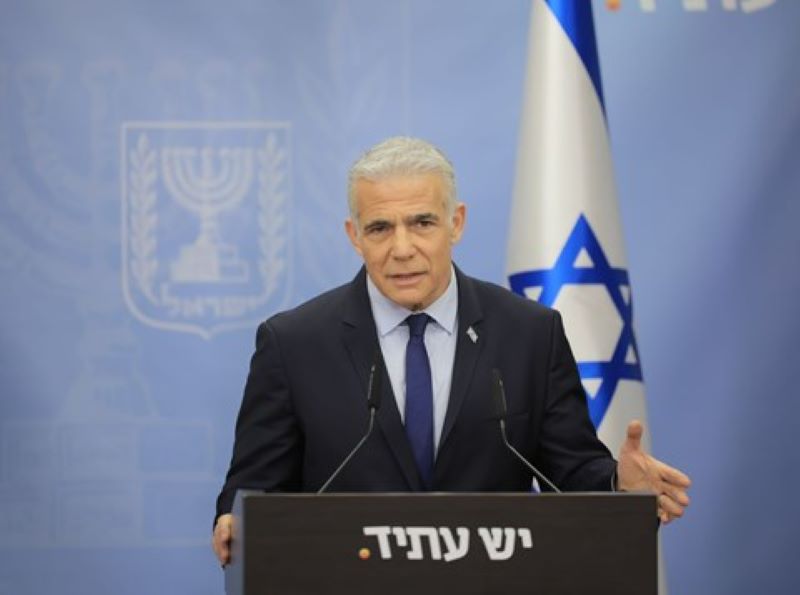 By Rabbi Yair Hoffman for the Five Towns Jewish Times
By Rabbi Yair Hoffman for the Five Towns Jewish Times
Moshe Rabbeinu enacted that we must study the halachos of Pesach 30 days before it begins as well as on Pesach itself. A minority view (Ran and Rashba) has understood this to mean that if two students pose questions, one on Pesach laws and the other on another law, we answer the one on Pesach first — but there is no obligation to actually study the halachos 30 days before Pesach.
This view has been rejected by the majority of poskim who rule that indeed we must actually study the halachos of Pesach – both 30 days before it begins as well as on Pesach itself. Therefore it is worthwhile to study a portion of the laws of Pesach each day until Pesach arrives.
REASON
The main reason that we observe mitzvos is because it is the Retzon Hashem. Nonetheless, it is important to understand and appreciate some of the reasons that are brought down that explain the mitzvos. The Rambam writes that this is, in fact, an obligation.
Pesach is known as the “Rosh Hashanah of emunah” — the New Year for faith and belief in Hashem. Chazal tell us that it was solely on account of our emunah in Hashem that we were redeemed from Egypt, and that it will be solely on account of emunah in Hashem that we will be redeemed in the times of Mashiach.
Since this is the essence of the Yom Tov of Pesach, one of the three main positive mitzvos of Pesach is to plant and entrench emunah — belief in Hashem. The emunah is planted within ourselves and within others through the mitzvah called “sipur yetzias Mitzrayim — the retelling of the Exodus from Egypt,” as it states, “V’higadeta l’vincha — And you shall relate it to your son.”
Our Sages further tell us that kol ha’marbeh l’saper…harei zeh meshubach — the more we discuss the Exodus or the mitzvah, the more praiseworthy we are. Why is this so? In regard to all other mitzvos, once the mitzvah has been fulfilled, that is it — it ends. Here, however, the mitzvah continues. Reb Shalom Noach Berzovsky, zt”l, the Slonimer Rebbe, explains that the mitzvah is a continuous one precisely because it is the means of imbuing the heart of each and every Jew with emunah throughout the year.
No matter who the person is, the mitzvah never ends: Afilu kulanu chachamim, kulanu nevonim…the greatest of Sages are also obligated in this ever-continuous mitzvah because they, too, need the boost in emunah that is obtained from Pesach.
There are infinite depths to emunah — thus the means of instilling this emunah is also infinite.
What is emunah? The Nesivos Shalom describes three separate areas:
1) Belief in Hashem as Creator of the world, which the righteous gentiles of the world also believe.
2) Belief in Hashem’s hashgachah pratis (Divine Providence) — that Hashem takes the time and “effort” to involve Himself in the details of our lives here on earth.
3) The fact that we, Klal Yisrael, have been chosen for a unique and Divine role and mission.
All three aspects of emunah are part of the Pesach experience.
1) All the nissim we experienced point to Hashem as the Creator of the world.
2) The 10 makkos show that there is hashgachah pratis.
3) Yetzias Mitzrayim itself, and the subsequent revelation of the Torah to the Children of Israel, indicate Israel’s unique role and mission.
We should utilize this special Yom Tov to increase our emunah in all three areas. We must also remember that the Gemara tells us (Sotah 11a) that it was in the merit of the righteous women that the Jewish people were redeemed. What did they do? They demonstrated remarkable emunah and continued having children.
The other two positive mitzvos are to get rid of all chametz on the 14th of Nissan and to eat matzah on the night of Pesach, the 15th of Nissan.
Chametz figuratively represents the yetzer hara. The yetzer hara tries to take us away from HaKadosh Baruch Hu and undermine our emunah. We should therefore get rid of anything within us that undermines emunah. This is one of the reasons suggested as to why chametz is prohibited b’mashehu — in any tiny amount. Rashi tells us that Chazal forbade chametz in any amount because the prohibition of eating it involves an issur kareis.
Matzah is described by the Zohar (Vol. II, 183b) as a michlah d’mehemnusah — a food of emunah.
We therefore see that all three positive mitzvos of Pesach deal directly with emunah.
The author can be reached at [email protected]






One Response
Ignoring halachic considerations for the moment, is it not an act of cruelty to call ones attention to Pesach and its detgailed halachos and overwhelming work requirements WHILE WE HAVE A HANGOVER?